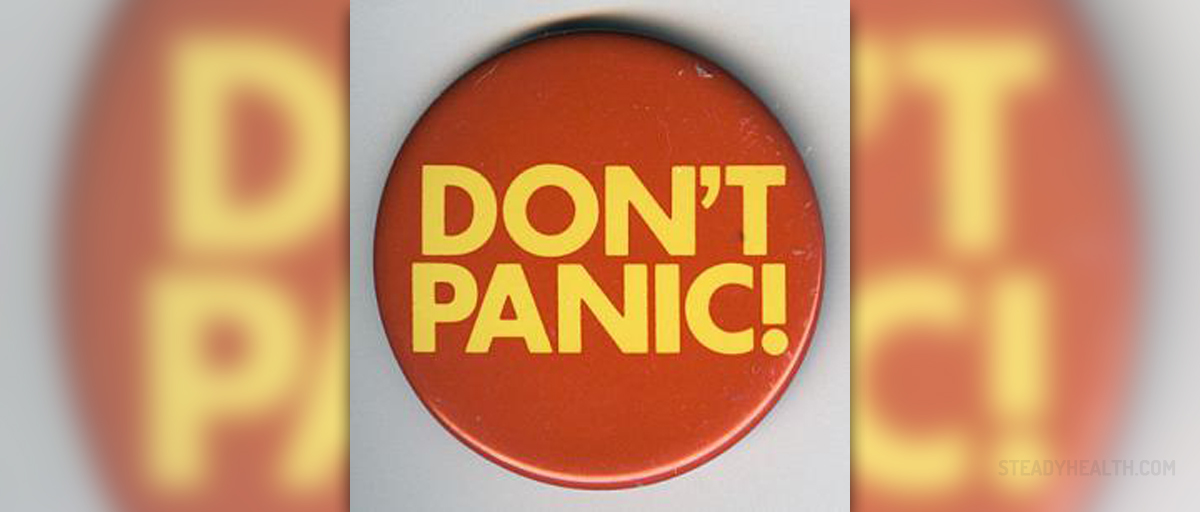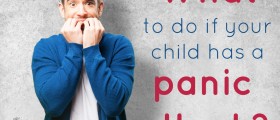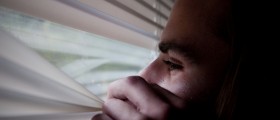
Everyone who has experienced a panic attack at least onceknows very well how hard and practically impossible it is to think clearly atthese moments. There are courses that can help people find out more about panicattacks, and it is more than helpful to take such a course, but until a person isready for something like that or finds free time, here will be given a fewtips.
Useful tips for panic attacks
It is of crucial importance to learn about the symptoms thatare typical of panic attacks, because when knowing what is going on, the personwill not have to fear of going crazy, having a heart attack, or somethingsimilar, and this will bring relief. The paralysis that often comes with thisattack should not be something that the person will be concerned about, but itshould be regarded as common, and it might help to make a parallel between the statesof being asleep and paralyzed, because it is similar in a way.Breathing is also important, and it is necessary torecognize the moment that indicates the beginning of the panic attack, so thatthe person can try to force oneself to relax. Taking deep and slow breaths throughthe nose will give the brain some time to rebalance the chemical processes. Itis good to hold the breath until counting to five, and then exhaling reallyslowly.It might help as well to try to visualize and imagine somerelaxing image. As for the visualizing part, it is good to imagine oneself perfectlyhealthy and full of joy, energy, confidence and without panic attacks. It takesa lot of effort to take control over negative thoughts but it can be done.Consumption of alcohol and caffeine, particularly beforebedtime, should be avoided because excessive drinking might aggravate theproblem in the long run, while caffeine and coffee increase the heart rate,blood pressure and even brain waves, and what is even worse, it can remain inthe system for 6 hours.If people find themselves outside, it might be helpful to distracttheir mind from the fact that panic attack is about to occur, and instead, theyshould try focusing on something in the surrounding – somebody’s clothing, thescenery, or they should repeat to themselves the names of the things that theysee (of course, not out loud). This should help the symptoms to subside. If thishappens at home, it might be helpful to try to read some book, magazine, or listen to music.
















Your thoughts on this
Loading...